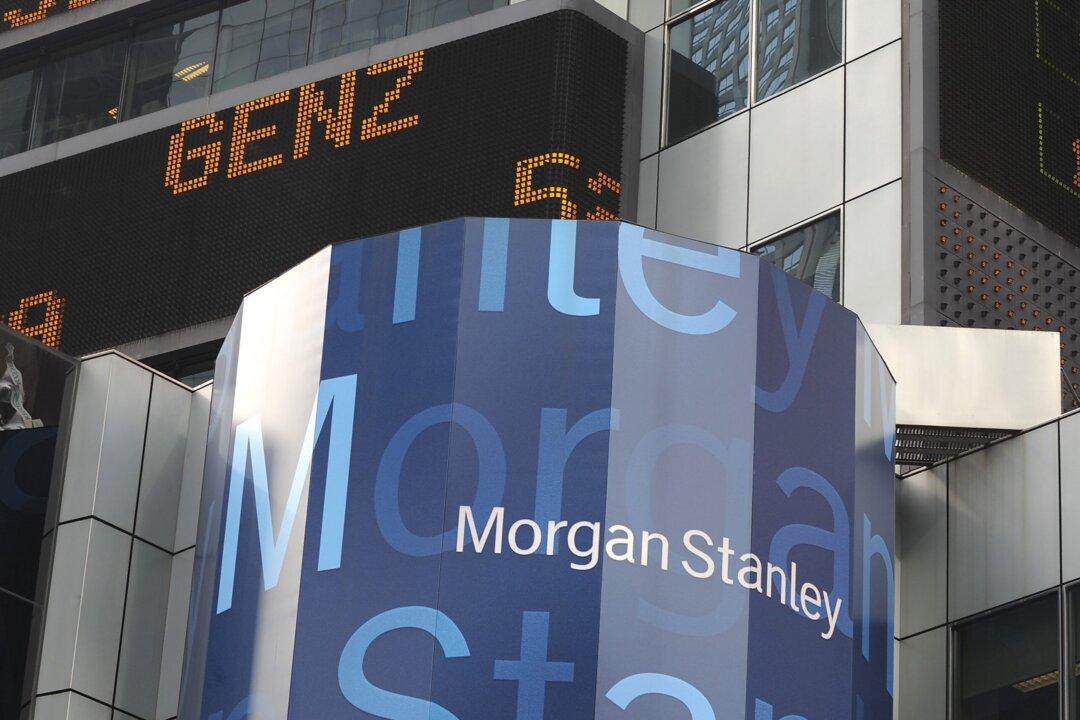Morgan Stanley’s top investment officer is advising investors to sell any rebounds in stock prices that may follow regulatory support measures after the collapse of Silicon Valley Bank (SVB) last week.
“We suggest selling any bounces on a government intervention to quell the immediate liquidity crisis at SVB and other institutions until we make new bear market lows, at a minimum,” wrote Mike Wilson, Morgan Stanley’s chief U.S. equity strategist and CIO, in a note first reported by Bloomberg News on Monday.





